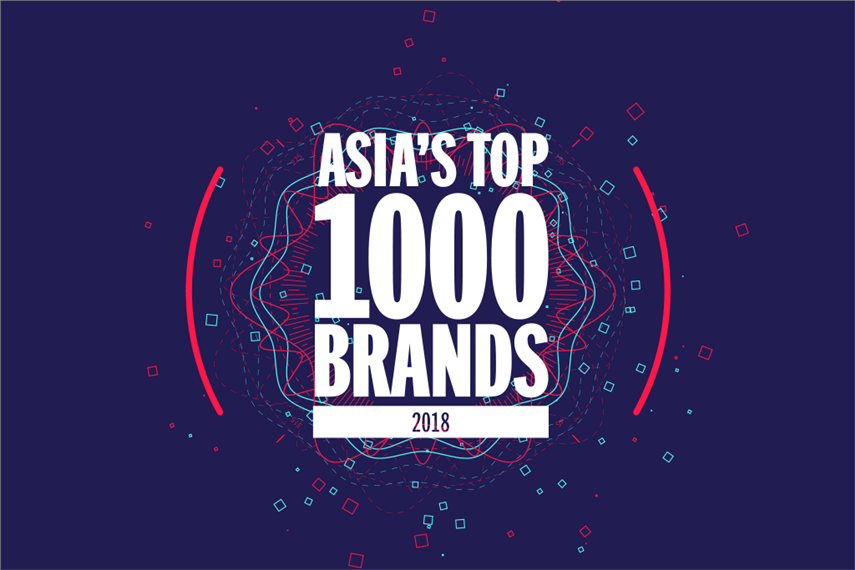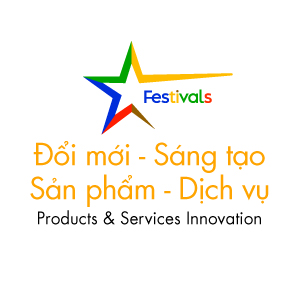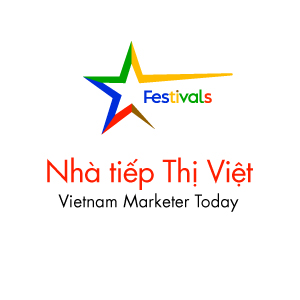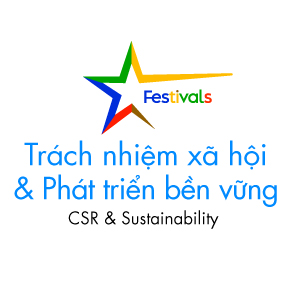
For eight years running, not even exploding phones or leadership scandals could drag down its mass consumer appeal. Read why the battle for top spot this year wasn’t even close.
The search giant (and so much more) so critical to marketers has re-joined the top ten brands in Asia for the first time in seven years, and did so decisively.
The aggressive expansion of China’s top smartphone maker into new categories and new global markets is paying brand equity dividends. On the flipside, Lenovo has tumbled out of the Top 100 with Huawei quickly closing in as a close third.
More shopping is now done online, but not all ecommerce platforms are seeing a rise in brand appeal. While top players like Amazon, Lazada and Taobao saw strong gains, others like Ebay, Rakuten, Zalora and Flipkart all have work to do.
- Explore the Top 1000 list for this year or any of the previous 14 years.
- Analyse the performance of a single brand over time.
- Compare two (or more) brands. Want to see how 7-11 fares against Cartier? You can.
- See the ebbs and flows of the top brands in a specific product category over the years.
- Explore the upcoming Top 100 Brands lists for 14 markets.
- Review the annual blow-by-blow in particularly competitive brand rivalries.
2. Hello, New Zealand (and other enhancements) We expanded the survey from 13 to 14 country markets, adding New Zealand for the first time. But we also recognise that the largest consumer markets deserve heavier weightings in our study. So this year we increased the proportion of participants from Japan, India and China. In addition we increased our overall sample size by nearly half. (See the full methodology below.)
3. Mobile and local insights We asked two extra questions for 2018. These days consumers are engaging more with brands on mobile devices than ever before, so we asked which brands they consider to be the most mobile-friendly. We also wanted to recognise more local brands in our survey, which tend to get buried in competition with multinationals. So we asked consumers which local brands resonate most in their home countries. The results from these questions did not affect the overall results, but give us another facet of insight into consumer brand choice. We’ll be sharing the results throughout our analysis content.
PLEASE DIG IN Asian consumers have spoken. Have a look, explore the survey and compare your brand favourites to others. Enjoy!
Nguồn:
Source: Campaign Asia-Pacific












